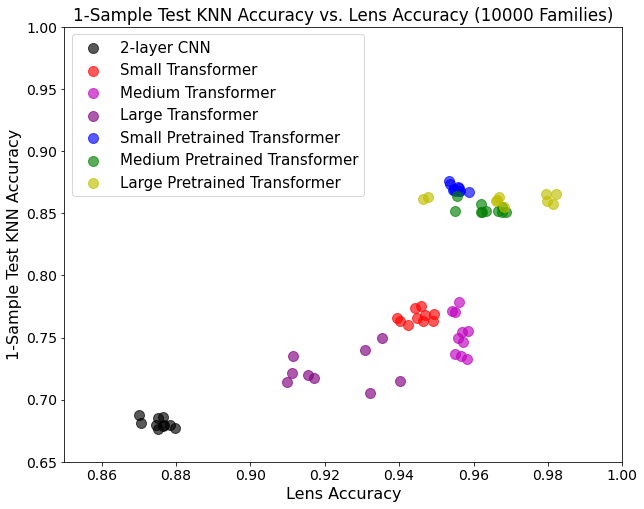Contextual Lensing of Universal Sentence Representations
What makes a universal sentence encoder universal? The notion of a generic encoder of text appears to be at odds with the inherent contextualization and non-permanence of language use in a dynamic world. However, mapping sentences into generic fixed-length vectors for downstream similarity and retrieval tasks has been fruitful, particularly for multilingual applications. How do we manage this dilemma? In this work we propose Contextual Lensing, a methodology for inducing context-oriented universal sentence vectors. We break the construction of universal sentence vectors into a core, variable length, sentence matrix representation equipped with an adaptable `lens' from which fixed-length vectors can be induced as a function of the lens context. We show that it is possible to focus notions of language similarity into a small number of lens parameters given a core universal matrix representation. For example, we demonstrate the ability to encode translation similarity of sentences across several languages into a single weight matrix, even when the core encoder has not seen parallel data.
PDF Abstract


 Tatoeba
Tatoeba